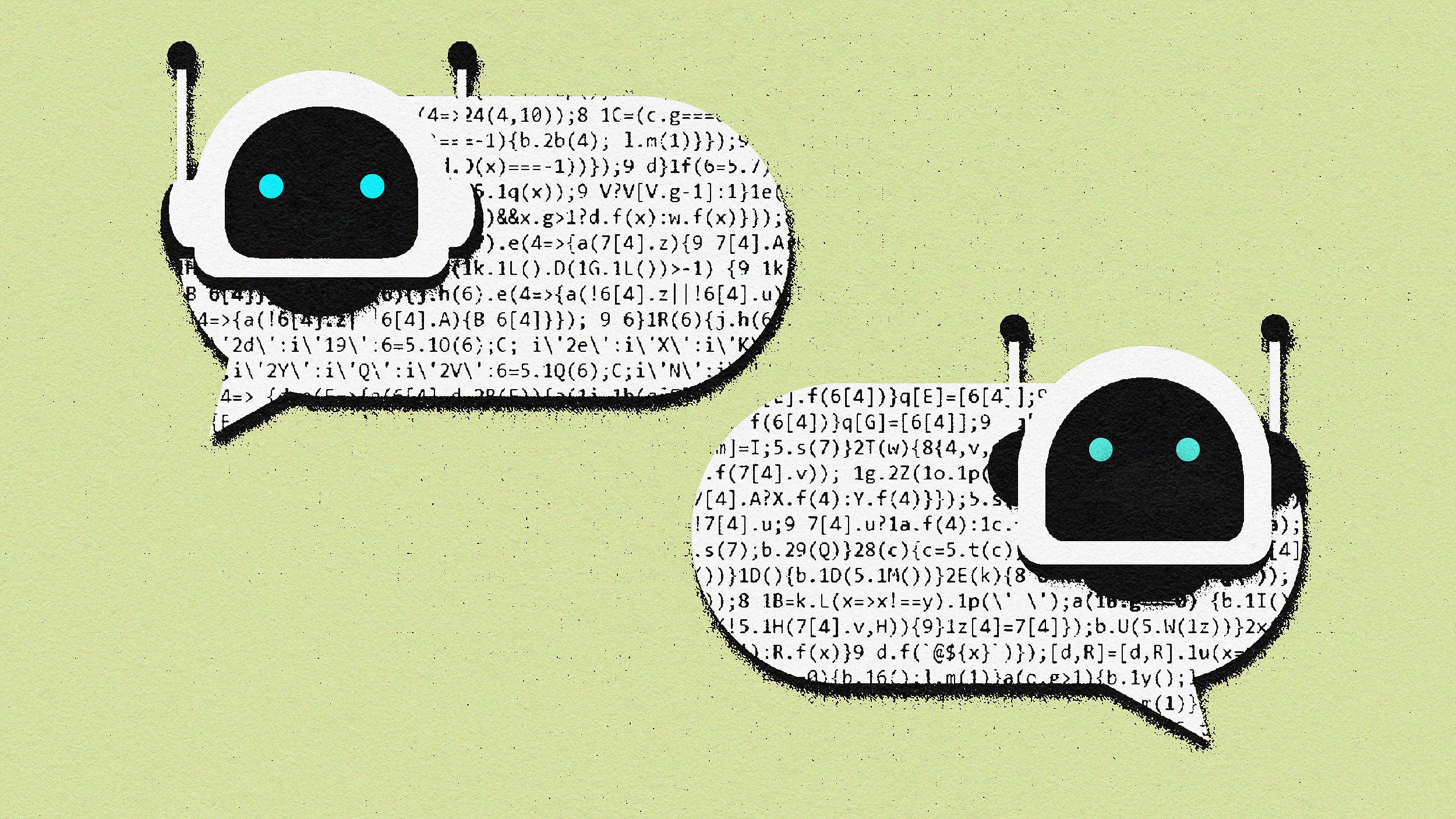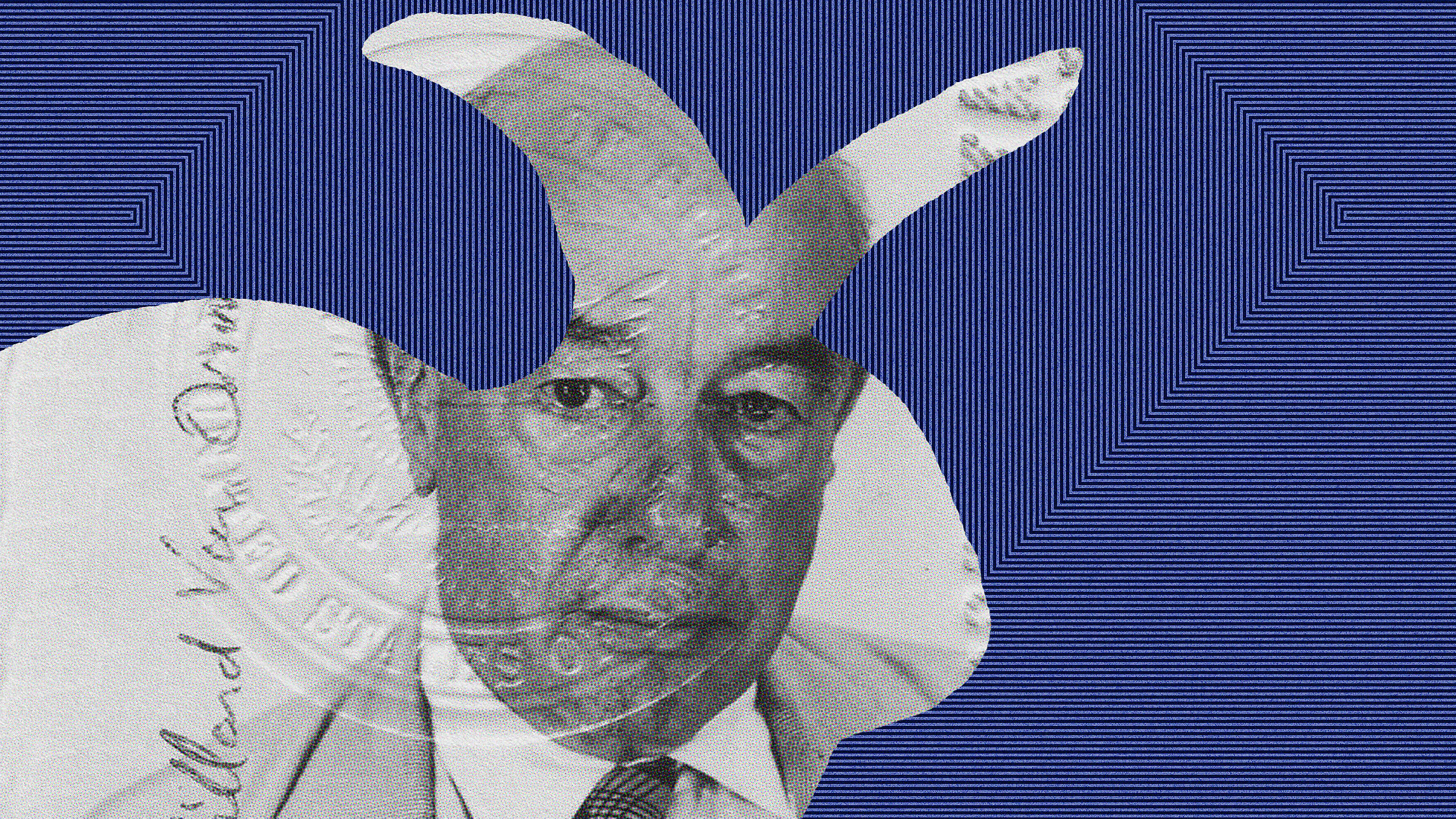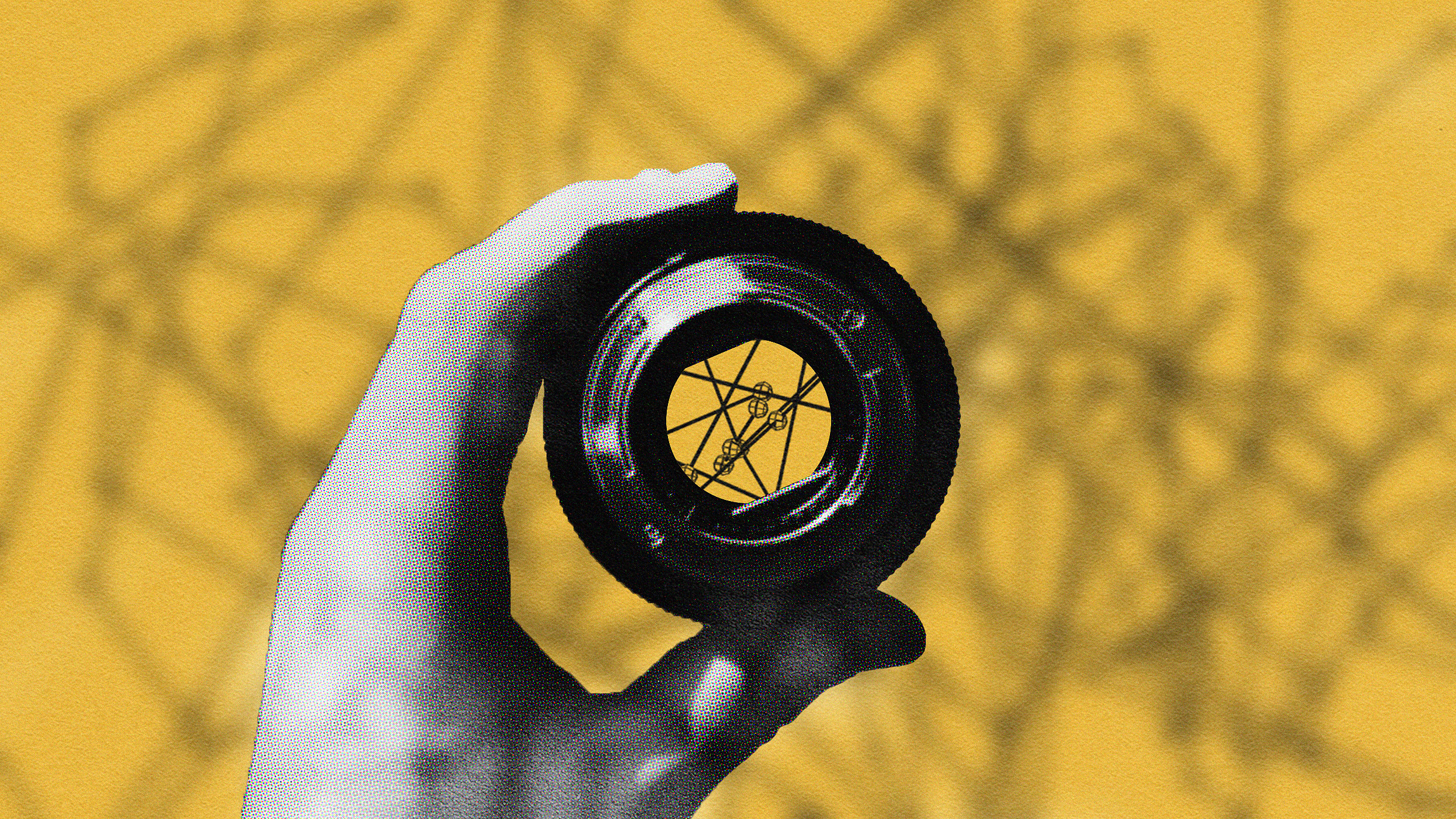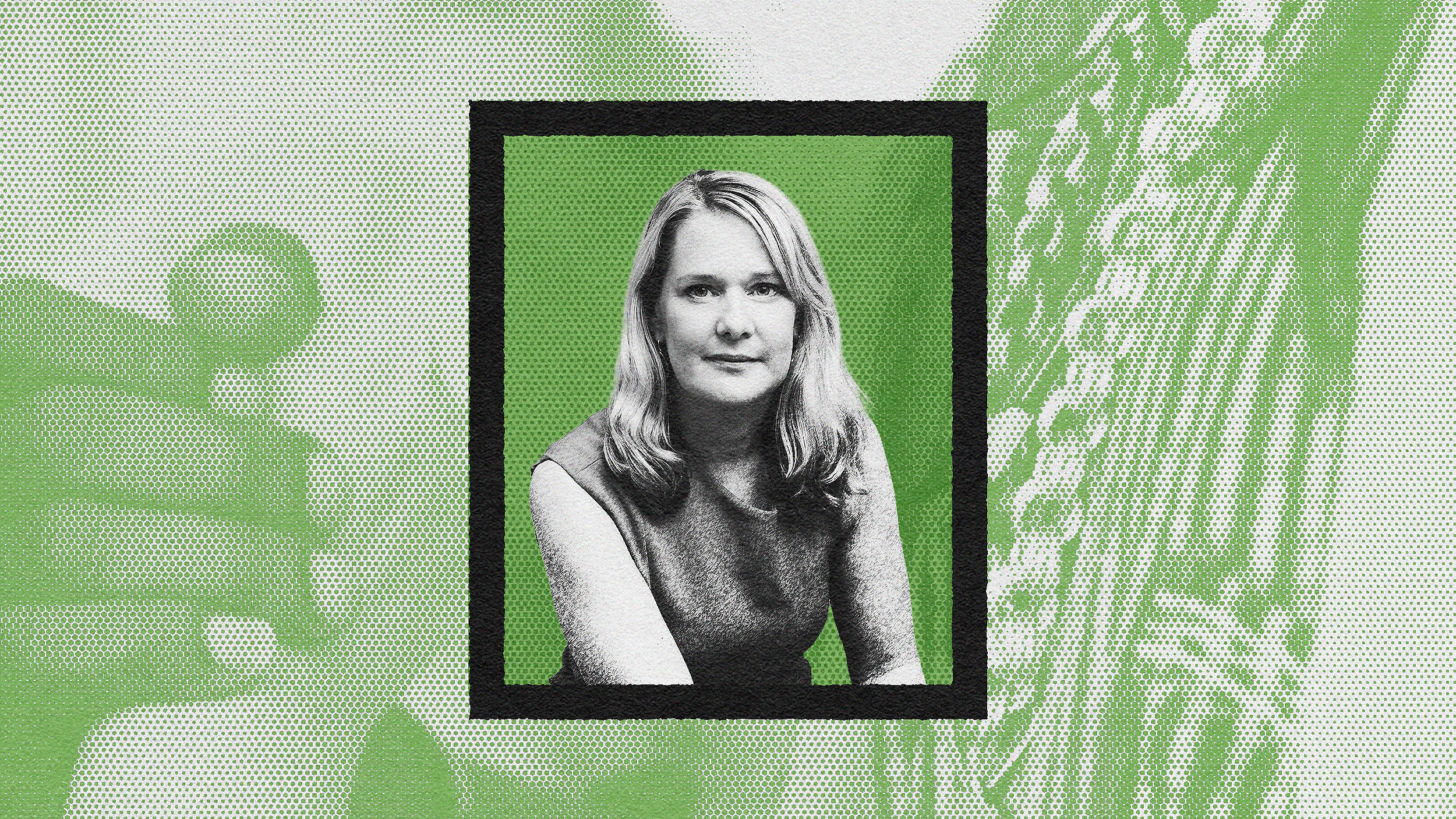SARAH RUGER: One of the most important things we need to focus on with respect to free expression is figuring out what constitutes a culture that values it. We're pretty fortunate in the U.S. to have relatively robust free expression rights. I mean, there's certainly a need to start defining and grappling with what those rights mean in a digital age as the public square moves online as opposed to in the physical arena, and certainly philanthropy has a role to play in that convening those discussions and grappling with those sticky issues. But more than anything we're concerned with the degree to which support for free expression rights has been on the decline. Seemingly the only thing people agree upon these days as we've become more and more polarized is that someone needs to be silenced -- we just disagree with who should have the right to speak and who shouldn't.
I saw a Cato Institute poll on free expression and tolerance this past year that really quantified the degree to which folks from the self-identified Right and the self-identified Left want to censor each other, the folks on the left tend to want to censor more on the basis of identity groups and focus on the right tend to censor what they view to be obscenity or lack of patriotism.
One of the things that concerns me is when people see tolerance in the acceptance sense as the goal, the goal being to arrive at agreement or consensus as opposed to learning how to coexist peacefully through difference or to harness the power of difference towards positive social ends like innovation and social progress and the defense of equal rights. So what we would like to imagine is a world where you view toleration as a starting point for something better.
We've struggled with the term toleration because it sounds kind of negative, it sounds kind of 'I'm holding my nose and my putting up with that view that you have but I'm not really recognizing your dignity, your value as a human and the value that we can experience together by coming together in dialogue.' But if we view toleration as a starting point and start to talk about the positive things that we can accomplish together, if we start to talk about how and why individuals have more opportunity to become self-actualized when they engage with people who are different, how they find a more fulfilling enriched life when they are curious and open to new experiences.
If we talk about the powerful good that diversity drives, talk about stories like -- and it's a bit apocryphal -- but I heard a story recently about how the life-transforming camera pill that you take to diagnose various illnesses, as a concept, came together coincidentally because a gastroenterologist sat down to lunch with a guided missile expert and came up with this idea. And whether it's true or not, I think it is, but whether it's true or not it's representative of the kinds of amazing things that can come from unexpected conversations, unexpected explorations. Having a conversation about what it is we want to accomplish together and having a conversation about how best to get there.







